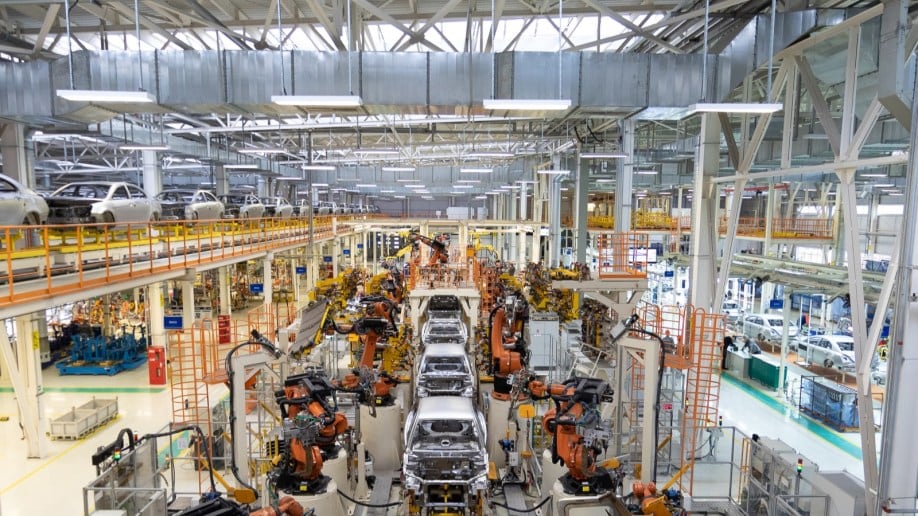
Some Factories Shut Down, Parts In Low Supply
In the short term, some car factories in Europe have temporarily shut down due to lack of parts they ordinarily get from Ukraine. Few of the affected cars reach the U.S. market. But one we write about often is on hiatus. Volkswagen has stopped building its ID.4 electric vehicle.
In a statement, Volkswagen said the Zwickau, Germany, plant that builds the ID.4 depends on “a number of suppliers in western Ukraine.” It will close at least briefly while VW is “reviewing alternatives” to get the parts it needs.
Bloomberg reports that “German automotive companies and suppliers maintain some 49 production sites in Russia and Ukraine, and the consequences for the companies and their employees aren’t yet entirely clear, according to the German car lobby group VDA.”
Raw Material Prices Increasing
The war may impact automakers in the U.S. as well.
Reuters reports that aluminum prices reached record highs late Friday. That could make most vehicles more costly to build – aluminum is found in chassis and engine components for nearly every car built worldwide.
Russia is one of the world’s largest suppliers of the critical metal. Sanctions passed by dozens of countries did not include export restrictions specific to the aluminum industry. But experts expect prices for the metal to rise as transport is disrupted.
An increase in the cost of raw materials comes just as car prices had begun to recover from a brutal year. In January, the price of the average new car in the U.S. declined for the first time in a year. The war could quickly erase that drop.
Oil, Gas Prices Rising
Oil prices rose over the weekend as well. That raises the cost of transport for every component. Should prices continue to rise, they could also change the buying habits of would-be car shoppers.
J.D. Power and LMC Automotive cut their forecast for global light-vehicle sales by 400,000 in the first days of the war. “Rising oil and aluminum prices will likely affect consumers’ willingness and ability to purchase vehicles, even if inventory improves,” explained Jeff Schuster, president of global vehicle forecasts at LMC.
Tire maker Nokian, meanwhile, shifted production of some tires from Russia and Finland to the United States late Friday.







